Israeli army’s preparedness to confront various threats at minimum level: Ex-deputy chief
The former deputy chief of staff of the Israeli army has warned that the regime’s military forces are at the minimum level of readiness to confront various threats that it may face, weeks after a confrontation with Palestinian resistance groups, which brought life to a halt in much of the Israeli-occupied territories.
Speaking in a handover ceremony at the military’s headquarters in Tel Aviv, Major General Eyal Zamir said there are significant quantitative and qualitative gaps in the Israeli army’s readiness for a new conflict, and the forces are in strong need of support in order to face various threats, Israeli daily newspaper Yedioth Ahronoth reported.
“We may have to wage a difficult, protracted, trans-regional war both on the frontier and on the battlefield itself,” said Zamir, adding that the Israeli regime needs to ensure the military’s combat preparedness.
He said the latest war with Gaza took place while Hezbollah “was calm,” adding that Tel Aviv knew the Lebanese resistance movement had more firepower, which, he said, was 10 times more than that of the Palestinian Hamas resistance movement.
“Israel needs to acquire state-of-the-art technology as it tries to preserve its quantitative and qualitative military edges. The military currently has minimum capabilities needed to avert dangers and threats,” Zamir said.
A few days earlier, former Israeli army chief of staff pointed to the threat Hezbollah poses to the occupying regime, saying the Lebanese resistance movement is in possession of thousands of long-range rockets and dozens or more precision-guided missiles.
Speaking to Israeli English-language daily newspaper Jerusalem Post, Gadi Eisenkot discussed “the unmatched more than 150,000 rocket threat,” which the group presents to Israel.
Israel had “achievements and also more than a few missteps” in dealing with the threat from Lebanon and Syria over the past 15 years, he said.
The impact of Israeli attacks on Hezbollah during the 2006 war was “that for 15 years there has been a good security situation on the Lebanese border, though at the same time Hezbollah has strengthened its capabilities,” Eisenkot added.
Lebanon fought off two Israeli wars in 2000 and 2006. On both occasions, battleground contribution by Hezbollah proved an indispensable asset, forcing the Israeli military into a retreat.
At least 260 Palestinians, including 66 children, were killed in the Israeli bombardment of the Gaza Strip during the 11 days of the war that began on May 10 this year. Israel’s airstrikes also brought widespread devastation to the already impoverished territory.
The Gaza-based resistance movements responded by launching over 4,000 rockets into the occupied territories, some reaching as far as Tel Aviv and even Haifa and Nazareth to the north.
The Israeli regime was eventually forced to announce a ceasefire, brokered by Egypt, which came into force in the early hours of May 21.
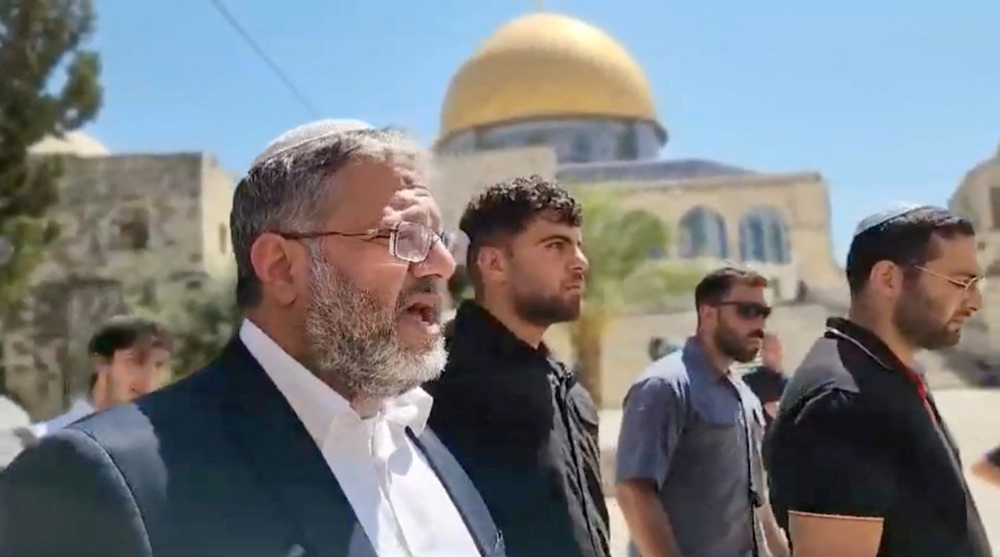
Extremist Israeli minister orders closure of al-Quds Fund and Endowment office
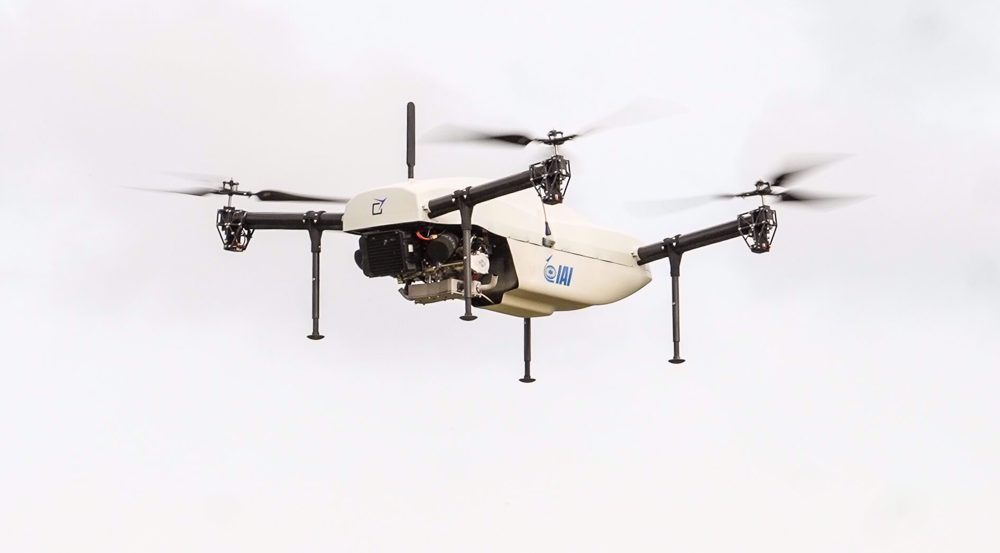
British firm supplying engines for Israel's killer drones: Report
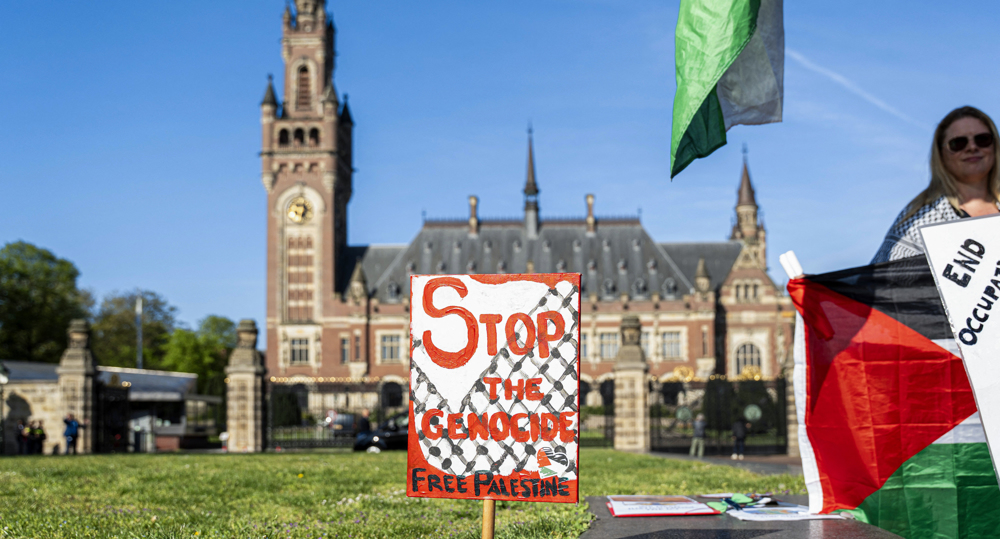
Hamas welcomes ICJ hearings on Israel’s humanitarian obligations towards Palestinians
Parl. speaker: Iran won’t be swayed by Israel’s ‘delusional’ rhetoric
Extremist Israeli minister orders closure of al-Quds Fund and Endowment office
British firm supplying engines for Israel's killer drones: Report
VIDEO | Muscat negotiations, Yemen missiles
Canada should ‘never forget’ US betrayal; old relations ‘over’: New PM
Hamas welcomes ICJ hearings on Israel’s humanitarian obligations towards Palestinians
Biden officials refrained from exerting pressure on Israel for Gaza ceasefire: Report
Sheikh Qassem: Hezbollah fully committed to ceasefire despite Israeli violations


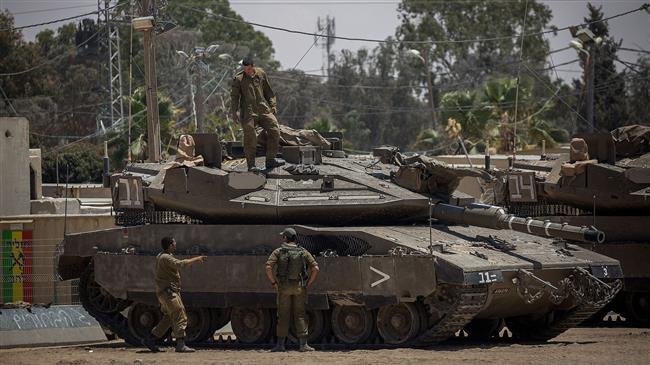
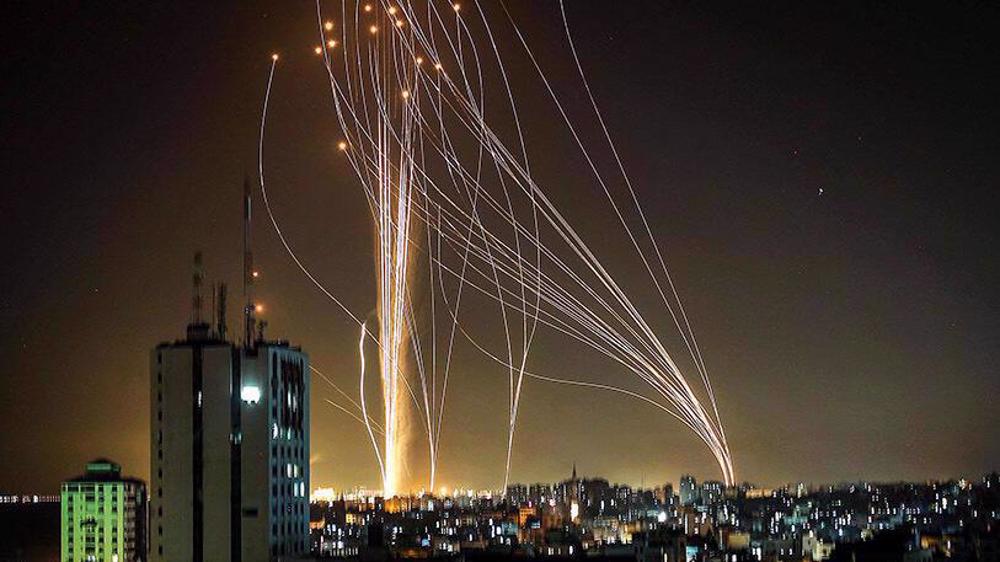
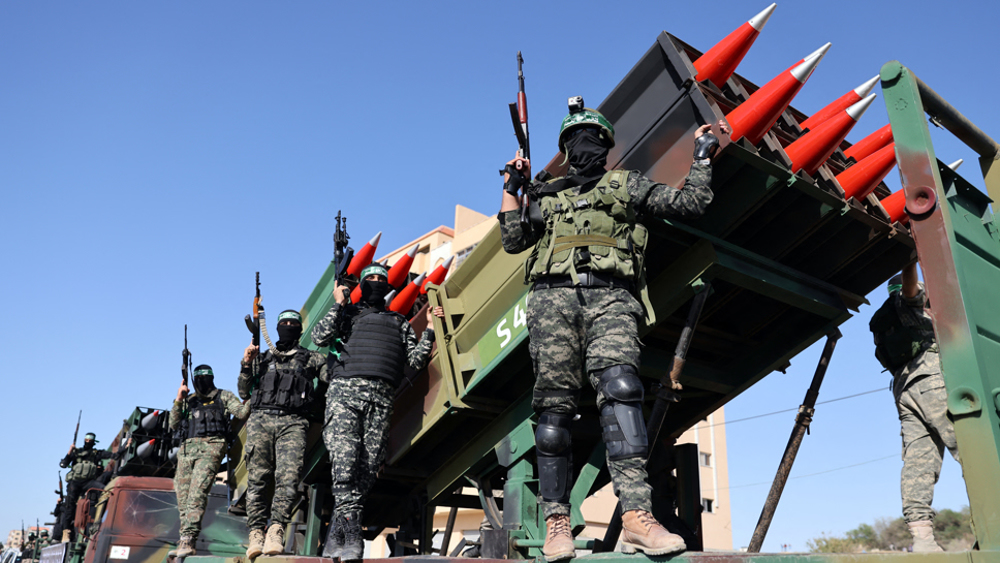



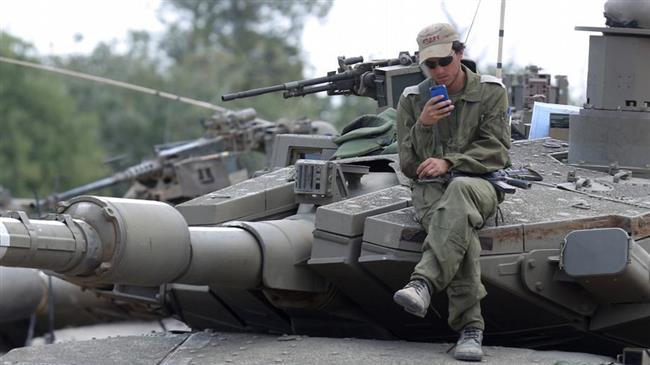
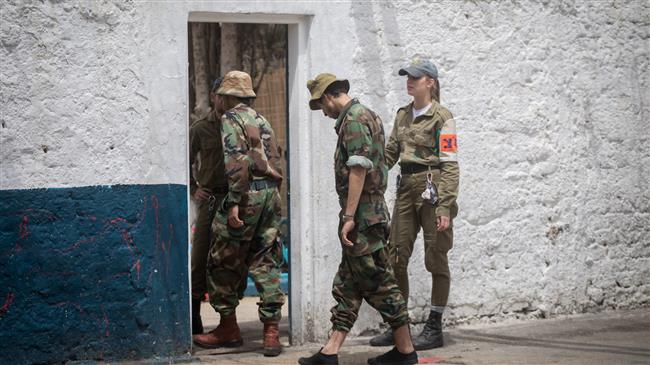
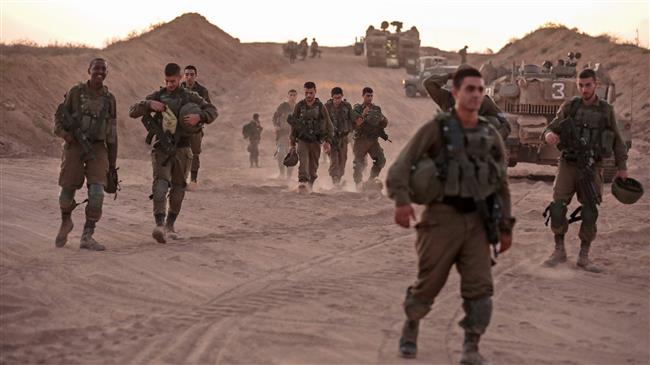
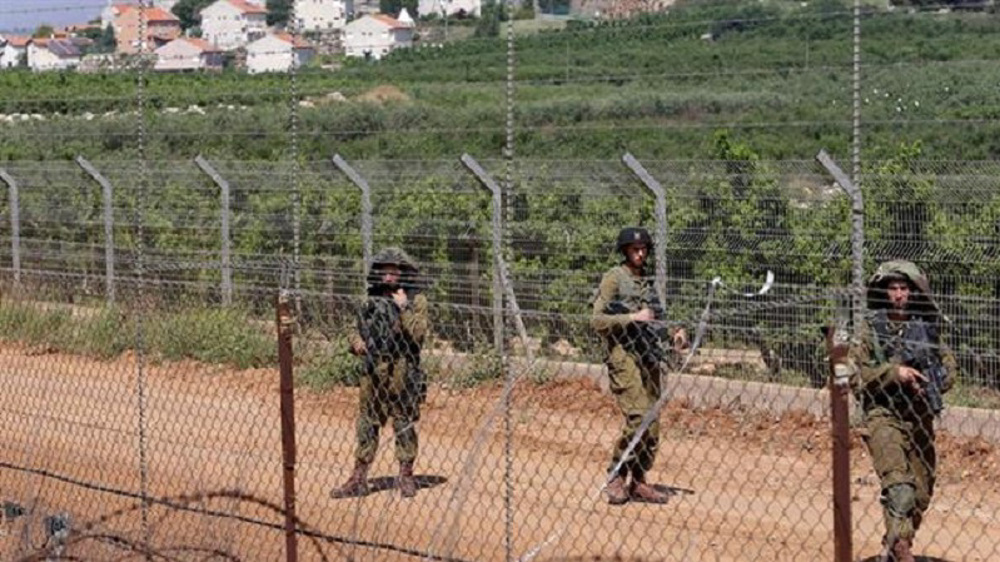

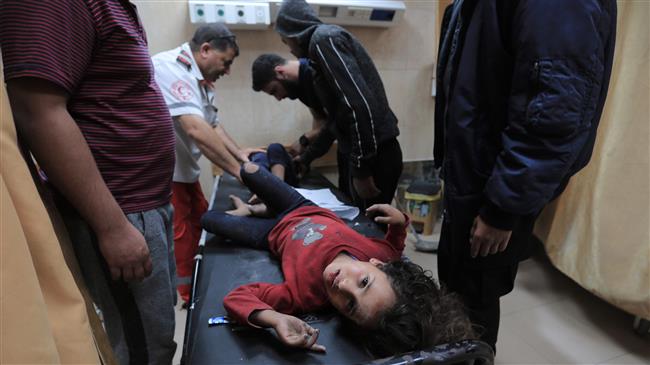


 This makes it easy to access the Press TV website
This makes it easy to access the Press TV website